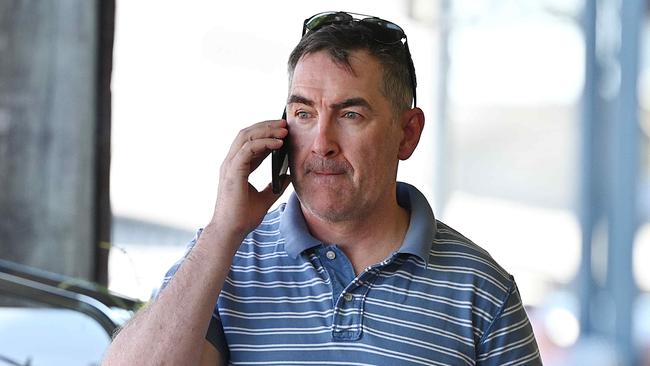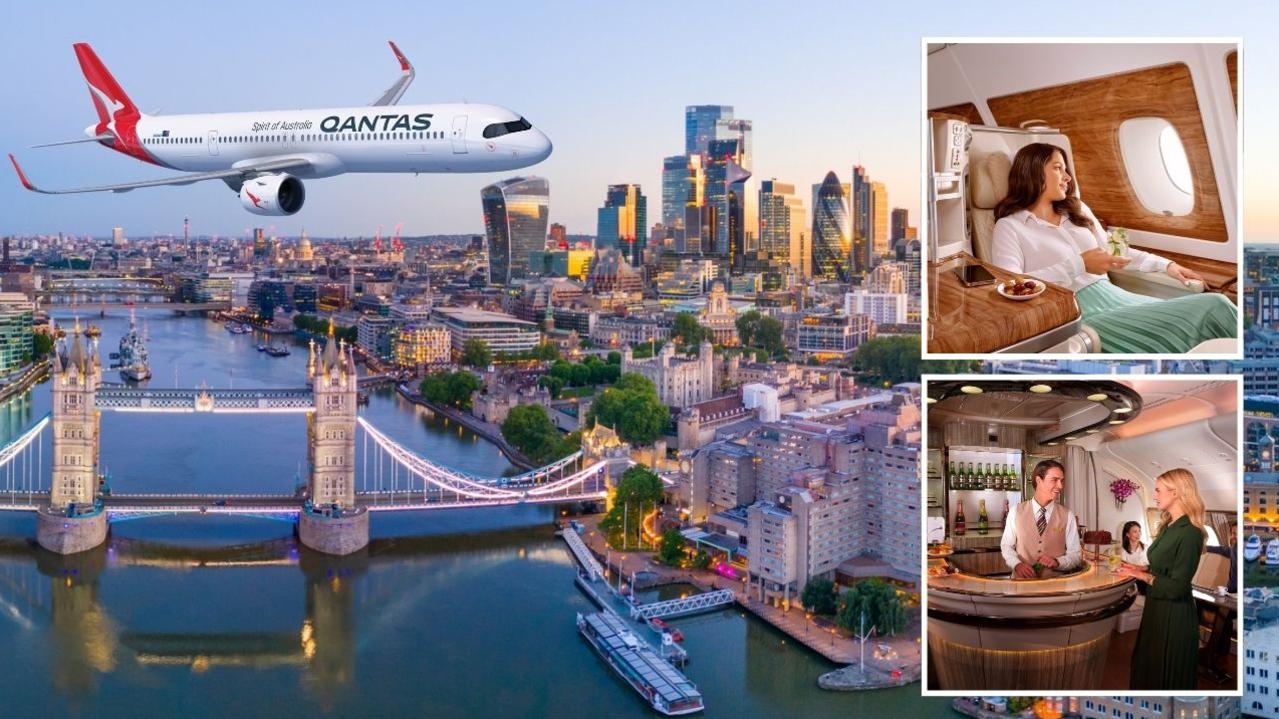Takeover the Bain of Virgin Australia CEO Paul Scurrah’s existence
Paul Scurrah grew increasingly anxious about his job in the five weeks after Virgin Australia’s sale to Bain Capital was approved.

Paul Scurrah was growing increasingly anxious.
Five weeks since Virgin Australia’s sale to Bain Capital was approved, it was common knowledge at the airline that the chief executive had yet to see his new contract.
The private equity giant that swooped on the stricken carrier with the help of former Qantas executive Jayne Hrdlicka had repeatedly assured Scurrah his position was safe. He was critical to their future, they told him.
And yet previously accessible Bain executives were now harder to reach. Scurrah found himself second-guessed and overlooked in decisionmaking. Then Hrdlicka moved to Brisbane where Virgin is headquartered.
Her arrival sent shockwaves through Virgin staff who questioned why a board director or even a chairman would need to move interstate for such a role?
Within days, Scurrah had the answer. Bain had decided a change of direction was needed and he was out.
On Thursday Virgin Australia made a statement to the stockmarket, announcing Scurrah’s resignation. Adding insult to injury, Bain issued its own media release suggesting his departure was not exactly voluntary.
“Virgin Australia requires a different form of leadership to survive in the long term,” said Bain’s Australian managing director Mike Murphy.
“Given the environment, we need a hands-on CEO with deep aviation, commercial, operational and transformation experience. Jayne is the right person to take the business forward under Bain Capital’s ownership.”
As recently as a week ago, Scurrah was meeting Scott Morrison. He “made peace” with the Prime Minister who had refused to step in to stop Virgin’s plunge into administration.
Had the government granted his requests for a loan of $1.3bn, administration may have been avoided but Scurrah said that was not a consideration. He wanted to thank Morrison for the assistance his government had provided to the airline industry, in the form of Jobkeeper and subsidised domestic and regional networks.
Along with Qantas and Rex, Virgin Australia has received millions of dollars in payments to cover any shortfall in operating flights on 50 domestic and more than 100 regional routes. Those subsidies along with extensive cost cutting, have helped Virgin Australia do something the airline had not been able to achieve in eight years — make a profit.
The financial achievement is expected to be announced next week, although it is unlikely Scurrah will deliver the good news.
He would not comment on the chain of events that led to his dismissal but reiterated that he had no regrets. “I’m proud of what we’ve been able to achieve in the last 18 months,” Scurrah said.
“It’s a wonderful airline with a great culture, great employees and I wish them well.”
Among his colleagues, there are misgivings about Virgin Australia’s future under Bain Capital which is tipped to take the company private, and retain a 90 per cent share. Insiders fear there may be more unpleasant surprises, as broken promises mount up.
“Under our ownership we will strengthen Virgin’s regional services and ensure the airline emerges offering exceptional experiences at great value while continuing to service business travellers,” said Murphy on June 26, when Bain was confirmed as the winning bidder.
To date, seven regional destinations and eight routes have been cut, and cabin crew ordered to restrict complimentary snacks to one per passenger, to stretch out dwindling supplies.
Even Richard Branson’s Virgin Group has had its relationship tested, with Bain resisting pressure to hand over a 10 per cent stake in the carrier. Despite Branson insisting he had the capital ready, Bain would not give up more than 5 per cent. In another curious move, the airline’s loyalty program Velocity, chose this week to start “selling” points in the scheme to redeem on flights when travel restrictions were eased. A source at the airline said there could be no convincing the new managers that the timing was ill-considered following widespread publicity about Bain taking the carrier “downmarket”.
Not helping the situation were viral social media posts of two-minute noodle meals in business class, served to passengers paying $2500 for a seat.
If Bain was in any doubt about Scurrah’s popularity, the posts on Virgin’s workplace platform confirmed it. Messages included an inquiry as to whether more voluntary redundancies would be granted following the CEO’s departure.
“After the announcements I would estimate that 90 per cent of the crew I engaged with no longer want to remain and want an opportunity to depart,” wrote an employee. “My apologies if this is rude however it’s the only subject my fellow crew are talking about so in that regard I’m asking on behalf of 5000 staff.”




To join the conversation, please log in. Don't have an account? Register
Join the conversation, you are commenting as Logout